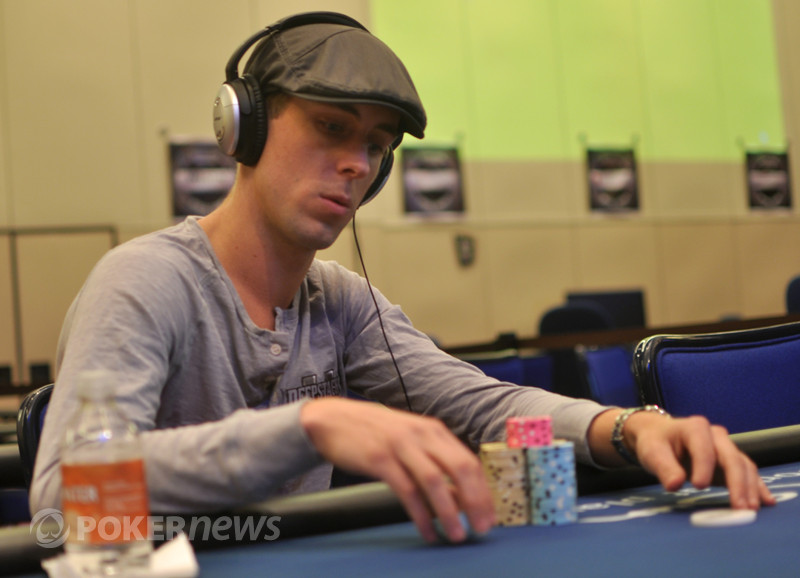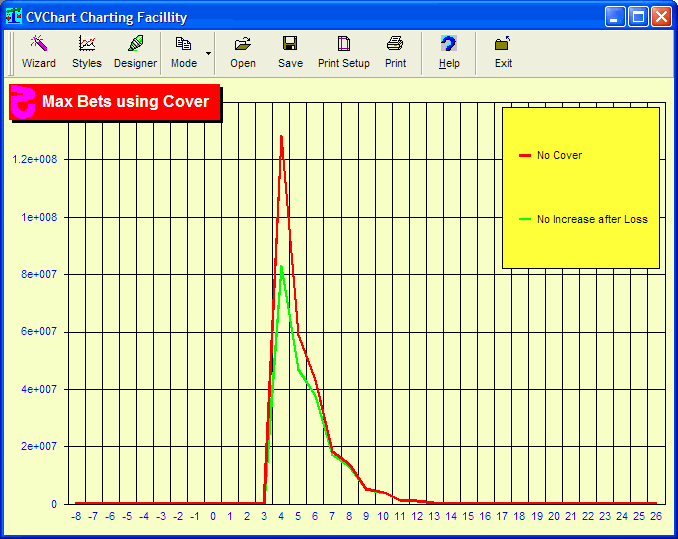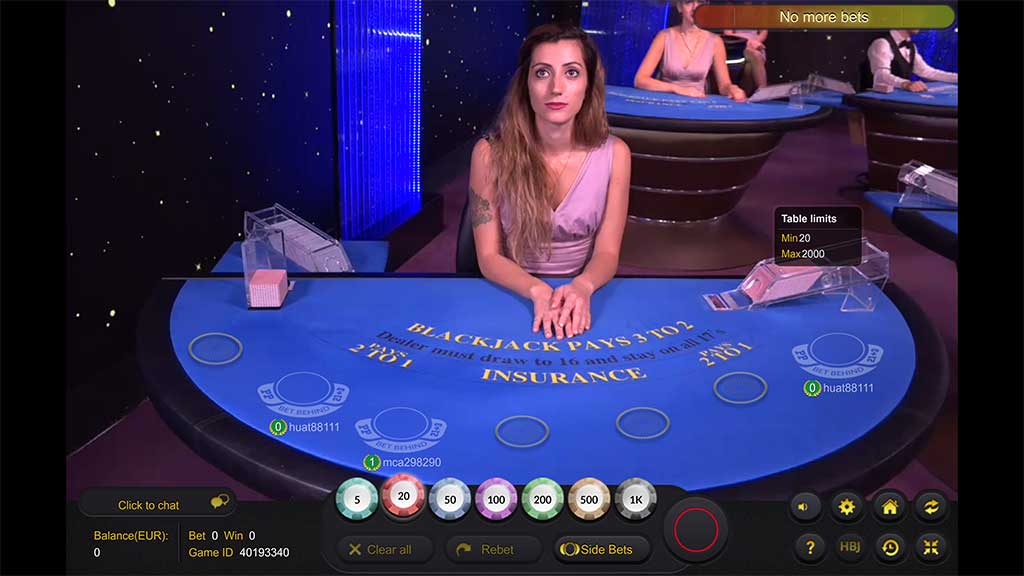Blackjack Rules No Betting
- Liberty SlotsUS Accepted
$ 777 - First deposit bonuses!
PlayReview - Bovada CasinoUS Accepted
$ 3000 - First deposit bonuses!
PlayReview - Slots Plus CasinoUS Accepted
$ 10000 - First deposit bonuses!
PlayReview
- Blackjack Rules No Betting Odds
- Blackjack Rules No Betting Against
- Blackjack Rules No Betting Rules
- Blackjack Rules No Betting Poker
- Vegas Casino OnlineUS Accepted
$ 10000 - First deposit bonuses!
PlayReview - Slots.Lv CasinoUS Accepted
$ 1000 - First deposit bonuses!
PlayReview - Sun Palace CasinoUS Accepted
$ 10000 - First deposit bonuses!
PlayReview
Blackjack side bets do not involve any skill and you are simply betting on the luck of the draw. What’s more, the returns do not reflect the odds of each bet coming in, which gives the house a. In this article we discuss the rules of blackjack and how to play the game. Each card in blackjack has a definitive value, apart from the Ace, which could be counted as 1 or 11. The goal is to draw a combination of cards, the total value of which is higher than the dealer's, but doesn't exceed 21. Blackjack Rules. Place your bet (Remember, if there is room at the table you can play more than 1 hand if you do this you will need to place a bet for each hand you wish to play). You will be dealt 2 cards face up so all other Players and the Dealer can view them. The Dealer normally deals 2 cards for him/her, 1 face-up, and 1 face down.
NextPlaying Blackjack the player tries to draw cards with a total of 21 points. The main aim of blackjack is to beat the dealer. To do this the player must have a hand that will be higher than the dealer’s and not to go over 21.
The suits of the cards do not play any role in the game. The hand value is simply calculated by summing up the point value of each card in the hand.
The Value of Cards
| = 2, 3, 4, 5, 6, 7, 8 and 9. |
| = 10.10 and all the face cards have the value of 10 |
| = 1 or 11. An Ace is counted as 1 or 11. |
Blackjack Hands
Let’s now consider the most common hands in blackjack that players should remember.
=21 Blackjack or Natural is a hand of two cards that equals 21 immediately after the deal. The hand is formed by an Ace and a card with a value of 10.

=16 Soft Hand is a hand with an Ace where the Ace can be counted as 11 without exceeding a total point value of 21.
=16 Hard Hand is a hand without an Ace, or a hand with an Ace where the Ace is valued at 1 point.
How to play blackjack?
Blackjack is played with 1 through 8 decks of 52 cards. The cards are dealt from a special box, known as a shoe. As a rule, the decks are reshuffled after each game.The player makes a bet before any cards are dealt. Then the player gets two cards and the dealer has two cards too, one of them is dealt face up and one is face down. The dealer’s hole card remains unknown until the player has completed his hand. The player makes a decision about how to play the hand based on the two dealt cards and the dealer’s face-up card. After the player has decided to stand (stop taking cards), the dealer turns over his hole card. If his hand is 17 or more he must stand. If the dealer’s hand totals 16 or under the dealer must hit (take more cards). Sometimes a casino lets the dealer hit on a soft 17, adding to the house edge.
If the first two cards total 21(an ace and any 10-value card ), it is Blackjack, the highest hand of the game. If the player has blackjack he wins unless the dealer has blackjack as well, in this case the hand is a “push” or a tie.
If the dealer’s face-up card is an ace, the player can make “insurance” to guard against the risk that the dealer holds a blackjack. The insurance pays 2:1 if the dealer’s hand is a blackjack. The dealer with blackjack wins except the player’s hand that also has a blackjack.
All the possible bets are posted on the table. The player wins 1:1 that is the same amount as he bets. The payout for blackjack is 3:2.
Player Options
HIT |
STAND |
DOUBLE DOWN |
SPLIT |
Extra Blackjack Options
Besides these blackjack options there are some extra blackjack options: Insurance, Even Money and Surrender.
Insurance. An additional side bet, half of the original bet, available to players after the initial deal when the dealer shows an Ace. If the dealer turns up a natural 21, the player with insurance is paid 2:1 on the insurance bet, but not the original bet. If the dealer does not have a Blackjack, the Insurance bet is lost.
Even Money. In the event of the player has a Blackjack and the dealer’s up card is an Ace, the player can place an Even Money bet, which costs half of the original bet. The Even Money bet protects player from a push if the dealer has Blackjack as well. If the dealer has Blackjack, the player will get his initial bet back and the Even Money bet, 2:1.
Surrender is the option which is not available in all casinos. Surrender allows the player to surrender half of his original bet if he considers that he has a losing hand. This bet can be made before the player says: “Hit” or “Stand”. Thanks to this option the player can save half of his original bet.
There are two types of surrender – EARLY and LATE. Early Surrender allows the player to take half of his bet before the dealer checks for Blackjack. The Late Surrender allows the player to surrender only after the dealer has checked his hole card for Blackjack.
On This Page
Introduction
Free Bet Blackjack is a blackjack variant by game inventor Geoff Hall. The twist to this one is the player doesn't have to risk his own money when splitting or doubling (most of the time). It is like playing with a generous boyfriend at the table who makes all the supplemental bets for you and lets you keep the winnings. What is the catch? Like in Geoff's other game, Blackjack Switch, if the dealer gets a 22, all bets left standing push.
The game opened for business on June 20, 2012 at the Golden Nugget. I went down for the game's debut and found the table full of people enjoying the game. The strategy is simpler and offers more doubles and splits than conventional blackjack. Gamblers who find the basic strategy of conventional blackjack too complicated to memorize may take relief in the simplicity of Free Bet Blackjack.
Rules
The rules have changed since the game launched at the Golden Nugget. It is my understand that the rules below are now the norm. The game is based on standard blackjack, with the following rules:Blackjack Rules No Betting Odds
- Six decks
- Dealer hits soft 17's
- Blackjacks pay 3 to 2
- Double after split allowed
- Double on two cards only
- Re-split pairs up to four hands, including aces
- No surrender
The game introduces two major rule changes:
- 'Free Doubles' on hard totals of two-card total of 9, 10, or 11. Regular doubles are still allowed on all other two-card hands. With a 'free double,' the player's original wager is matched with a 'free bet' button and the player receives one additional card. At the end of the hand:
- If the dealer wins, the player loses his original wager only.
- If the hand results in a push, the player gets back his original wager only.
- Otherwise, if the player wins, the player gets back his original wager plus winnings equal to double that wager.
- 'Free Splits' on all pairs except 10's. With a 'free split,' the player's two cards are divided into two one-card hands. The player's original wager is placed with the first hand and a 'free bet' button is placed with the second hand. The player plays out each hand one at a time and is entitled to a 'free double' or 'free split' on both hands. For winning hands, each 'free bet' button is replaced with real chips equaling the original wager. On hands resulting in a player loss or push, the dealer takes back the 'free bet' button.
- Dealer pushes on 22. If the player has 21 or less and the dealer busts with 22, then the player's wager is a push.
Basic Strategy
Strategy depends on whether you are playing a real money bet or a free bet. There is a difference because a push is just as bad as a loss on a Free Bet, thus causing a more aggressive strategy. The following three tables show the strategy for a real money hand, free bet hand, and pairs respectively.
Blackjack Rules No Betting Against
If you remember just one thing about the strategy, accept every free double and free split opportunity.
House Edge
The house edge under the standard rules above is 1.04%.
Rule Variants
Following are the effects of some possible rule variants. The effects are the change in the player's expected return. The figures below with a (SH) were taken with permission from Discount Gambling. The ones with a (Wiz) were calculated by me. It is interesting that the greater the number of decks, the better the odds for the player, which is the opposite of conventional blackjack. I assume it is because there is more free-splitting with more decks, due to a lesser effect of non-replacement.
- Free doubles with three or more cards (DG): +0.66%.
- Dealer stands on soft 17 (DG): +0.31%.
- Late surrender allowed (DG): +0.21%.
- One deck: -0.14% (Wiz).
- Two decks: -0.06% (Wiz).
- Eight decks: +0.01% (Wiz,DG).
- No re-splitting aces (DG): -0.08%.
- No free re-splits on a pair of fours (DG): -0.27%.
- No re-splitting 2-9: -0.32% (DG).
- No double or free-double after a split (DG): -0.70%.
- Blackjack pays 6 to 5: -1.36% (Wiz).
Pot of Gold

I have heard reports that some casinos offer a side bet called Pot of Gold, which is based on the number of Free Bet tokens the player accumulates per initial hand. The Washington Gambling Commission lists two Pot of Gold pay tables. Following is my analysis of both of them. These tables were based on a random simulation. The lower right cells show a house edge of 5.77% on pay table 1 and 4.64% on pay table 2.
Pot of Gold — Pay Table 1
| Tokens | Pays | Probability | Return |
|---|---|---|---|
| 7 | 1000 | 0.000002 | 0.002026 |
| 6 | 300 | 0.000027 | 0.008140 |
| 5 | 100 | 0.000194 | 0.019445 |
| 4 | 60 | 0.000847 | 0.050799 |
| 3 | 30 | 0.003866 | 0.115973 |
| 2 | 10 | 0.013488 | 0.134884 |
| 1 | 3 | 0.148155 | 0.444466 |
| 0 | -1 | 0.833420 | -0.833420 |
| Total | 1.000000 | -0.057686 |

Pot of Gold — Pay Table 2
| Tokens | Pays | Probability | Return |
|---|---|---|---|
| 7 | 100 | 0.000002 | 0.000203 |
| 6 | 100 | 0.000027 | 0.002713 |
| 5 | 100 | 0.000194 | 0.019445 |
| 4 | 50 | 0.000847 | 0.042333 |
| 3 | 30 | 0.003866 | 0.115973 |
| 2 | 12 | 0.013488 | 0.161861 |
| 1 | 3 | 0.148155 | 0.444466 |
| 0 | -1 | 0.833420 | -0.833420 |
| Total | 1.000000 | -0.046426 |
The player can lower the house edge on the Pot of Gold by splitting fives instead of doubling, at the detriment of the primary wager. If the player splits fives the house edge on the Pot of Gold will be 2.75% under Pay Table 1 and 1.48% under Pay Table 2. Splitting fives, instead of doubling, will increase the house edge on the base wager by 0.15%.
Acknowledgement


I would like to thank Geoff Hall, the inventor, for his cooperation with the rules and sharing the math report. This report is based on a combination of work between Stephen How and me. We are in close agreement on the house edge. The basic strategy and some of the effects of rule variations are the work of Stephen How.
Internal Links
Blackjack Rules No Betting Rules
- Original rule card. Please note that doubling on three or more cards is no longer allowed but free splits of fours is. Overall, the old rules were better, of course. Table game rules seldom get better for the player.
Outside Links
Blackjack Rules No Betting Poker
- Free Bet Blackjack page at Discount Gambling.
- Free Bet Blackjack Facebook page.
Written by:Michael Shackleford